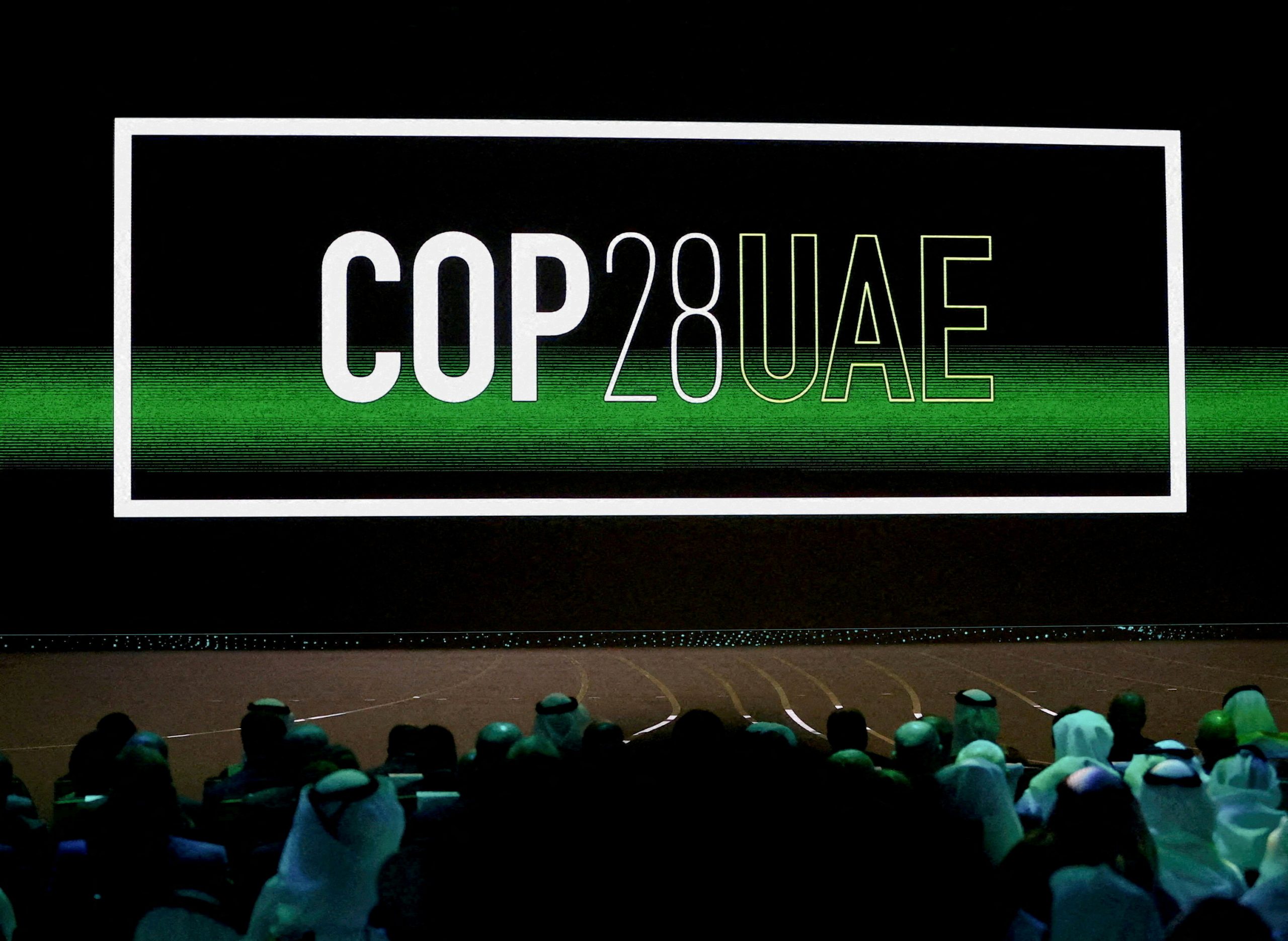This year’s United Nations Climate Change Conference, known as COP28, opens today and is back “bigger and better than ever.” Boasting 188 pavilions and 70,000 attendees, it is claiming to be the most ‘inclusive’ COP to date.
As nations set out to pursue their foreign policy agendas on climate called ‘climate diplomacy,’ this year and for the first time, Greece has secured its own 110 sq. m. pavilion and 30 sq. m. secretariat at COP28. This is significant: the space will allow Greece to showcase its initiatives, discuss developments in green energy, highlight its best practices, and explore solutions to challenges with counterparts from other countries, thereby setting its own agenda and putting its priorities on display at COP28.
The Greek Ministry of Environment and Energy has organized nine days of events under the umbrella title “Charting a Sustainable and Climate-Resilient Future for Greece.” With topics ranging from green energy technologies such as hydrogen and wind/hydropower to architecture, art, cultural heritage and youth’s role in climate diplomacy, the events will be staged with the support of other Greek ministries and a who’s-who of stakeholders connected to Greece and its green transition. Moreover, livestreamed events can be viewed through the pavilion’s dedicated webpage.
The Greek pavilion can therefore be seen as a strategic step in the world of climate diplomacy and indicative of Greece’s ambition to be a key player in the Eastern Mediterranean’s energy sector and in the green transition.
While promising for Greece, it is important to remember that COP28 will host 187 other pavilions and be attended by politicians, scientists, activists, and individuals representing every perspective on climate change and the green transition, including naysayers. And no COP goes by without at least some bad press.
Commenting on last year’s COP, Club of Rome co-president Sandrine Dixson-Declève said the summits have become a circus, “with the petrostates serving as the ringmasters.” And documents leaked to the Press several days ago have sparked an ongoing controversy about whether or not the host of this year’s COP, the United Arab Emirates, had planned to use its key role to strike oil and gas deals at the event.
This is cause for alarm, particularly as UNEP’s recent 2023 Production Gap report concluded that governments are on track to produce more than twice the amount of fossil fuels in 2030 compatible with limiting a global temperature rise of 1.5 degrees Celsius.
There is no shortage of proposals on what needs to be done to reduce emissions and accelerate the transition, whether it be through new technologies, financing or education. But considering the challenging global financial and geopolitical context ahead of key elections in the West, it remains to be seen whether or not world leaders can find ways to bridge the immediate needs and interests of voters with a long-term vision of and for the greater good.
On this last point and in relation to the question of whether COP28 really is “bigger and better than ever,” the world will have to wait well past any announcements made on COP 28’s closing day, December 12. Because the answer depends not on the promises and commitments that will be made, but on whether or not governments of the world will actually deliver on them.




